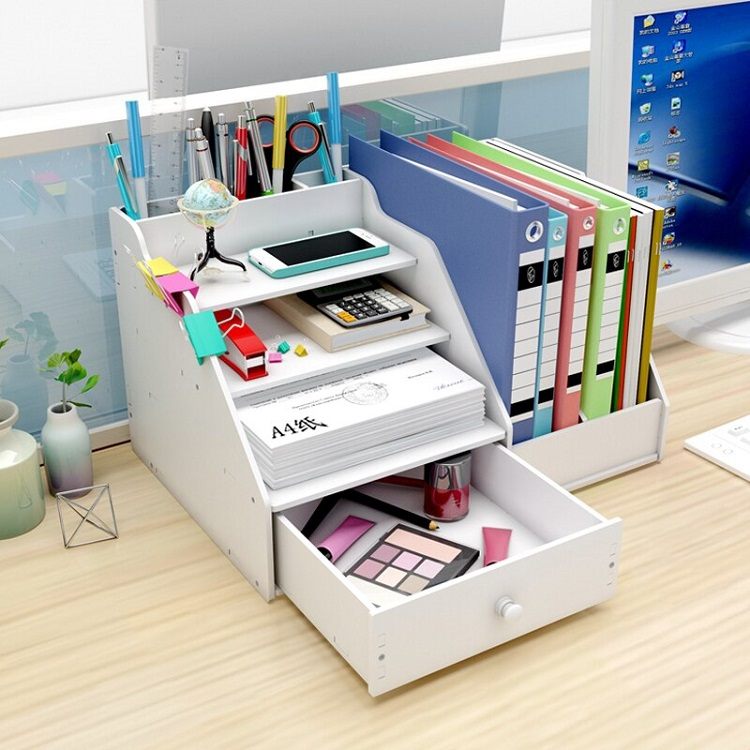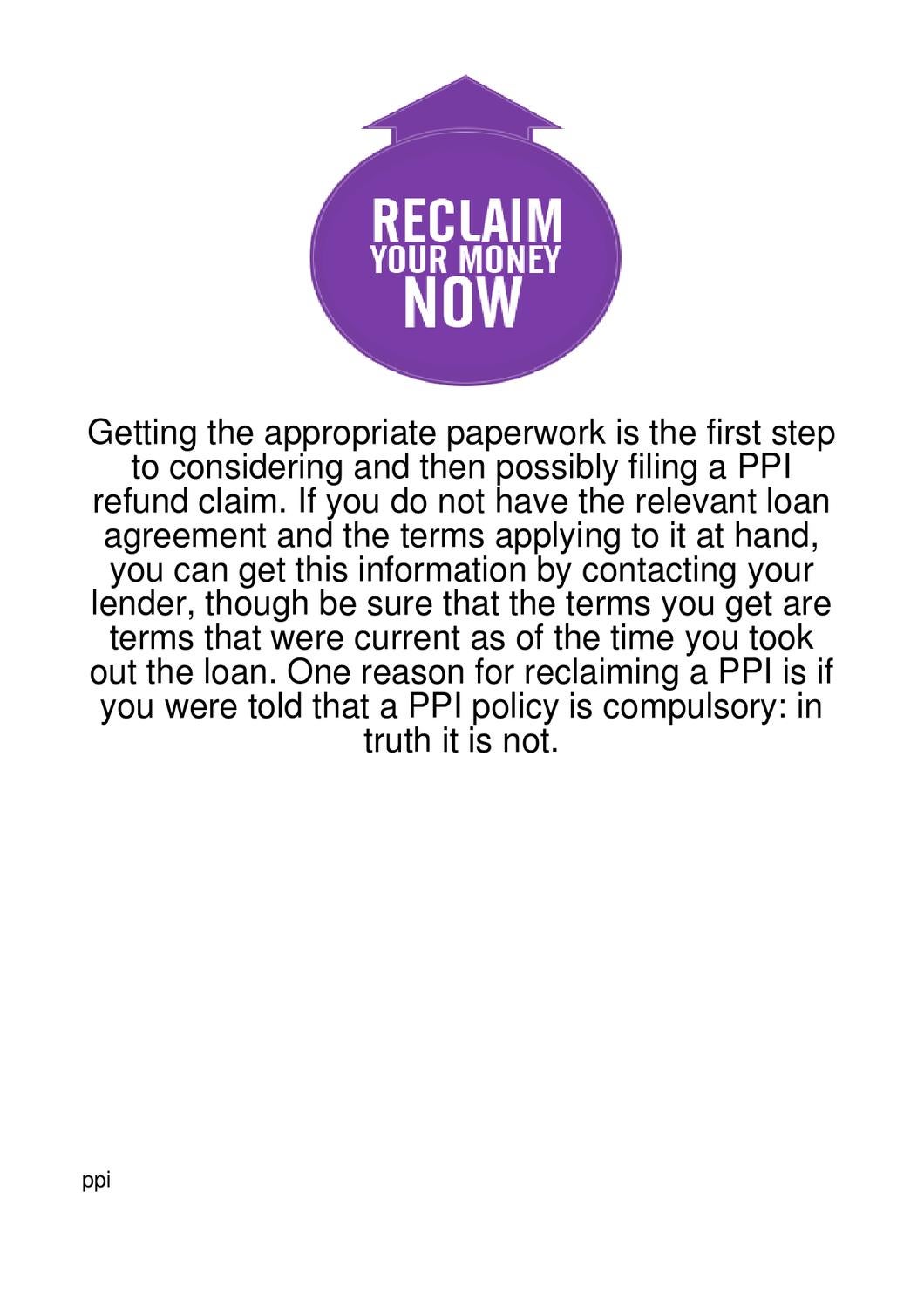How Long to Keep Paperwork: Essential Guidelines

Organizing and keeping paperwork can be a daunting task, especially in a world where digital files are replacing physical documents. However, there are still many situations where paper records are essential. Understanding how long you should keep different types of paperwork can save you time, reduce clutter, and ensure compliance with legal requirements. Let's delve into some essential guidelines for managing your paperwork efficiently.
Financial Documents

Financial records are perhaps some of the most critical documents you need to keep. Here are the key points:
- Tax Returns: The IRS recommends keeping tax records for at least three years from the date you file your return or two years from the date the tax was paid, whichever is later. In case of fraud or substantial under-reporting, keep these documents for seven years.
- Bank Statements: Hold onto these for at least one year unless you need them for tax purposes or mortgage applications, where longer retention might be necessary.
- Pay Stubs: Keep these for a year to verify your income for tax returns or loan applications.
- Credit Card Statements: Retain for one year, particularly if you’ve claimed deductions or need records for reimbursement or dispute charges.
- Receipts for Major Purchases: For large investments like furniture or electronics, keep receipts for the life of the warranty or insurance coverage.
💡 Note: Always double-check with your financial advisor or tax professional to ensure you meet any local or federal requirements.
Medical Records

Medical paperwork includes records of treatment, prescriptions, insurance, and other related documents:
- Doctor’s Bills, Lab Results, and Medical Statements: Keep these indefinitely. They are essential for medical history, insurance claims, and legal purposes.
- Insurance Explanation of Benefits (EOBs): Retain for at least one year, but consider keeping longer if they pertain to ongoing treatments or disputes.
- Vaccination Records: These are crucial for your health history; keep them for life.
Remember, maintaining these documents can be crucial in the case of ongoing health issues or legal disputes.
Legal Documents

Legal documents often have long-term implications:
- Contracts: Retain original contracts indefinitely, especially for property, business agreements, or long-term loans.
- Wills and Trusts: Keep indefinitely. These documents need to be reviewed regularly, and updates might be required over time.
- Power of Attorney: This should be kept safe until it’s no longer in effect or has expired.
- Deeds and Titles: Hold onto these as long as you own the property or asset.
🗂️ Note: Always consult with a legal professional for specific documents if you're unsure about retention periods.
Home and Personal Records

From home insurance to personal achievements, here’s what to keep:
- Home Improvement Records: These are useful for tax purposes and add value to your property, so keep them for the duration of ownership.
- Utility Bills: While not required to be kept long-term, consider saving for at least one year to track usage or for tax purposes.
- Warranties and Manuals: Retain these for the life of the item or warranty duration.
- Personal Records (Birth, Marriage, Divorce Certificates): Keep these for life; they are vital for identity verification, estate planning, and legal matters.
Business Documents

If you run a business, document retention can be critical:
| Document Type | Retention Period |
|---|---|
| Ledgers and Journals | 7 years |
| Payroll Records | 7 years |
| Tax Records | At least 3 years, 7 in cases of potential fraud |
| Corporate Minutes and Stock Records | Indefinitely |
| Employee Applications | 3 years after termination |
| OSHA Regulations Compliance | At least 5 years |

Ensuring you have these documents for the appropriate length of time can be vital for audits, legal protection, and maintaining business continuity.
In Conclusion

Determining how long to keep your paperwork is more of an art than a science, requiring a balance between decluttering and safeguarding essential information. Each document type has its retention period, influenced by legal, tax, and personal needs. Keeping these guidelines in mind will help you manage your paperwork efficiently, protect against potential legal issues, and maintain your personal or business history in an orderly manner. Remember, when in doubt, consult with professionals or refer to legal guidelines to ensure compliance with any statutory obligations.
Can I shred documents after the recommended retention period?

+
Yes, you can shred documents once they are no longer needed, but make sure they do not contain sensitive information unless you securely shred them or use a shredding service to protect your identity.
How do I know if I need to keep a document longer?

+
If there are ongoing legal issues, tax disputes, or personal reasons (like ongoing medical conditions), you might need to retain documents beyond the standard recommendations.
What if I lose an important document?

+
Most documents can be retrieved or replaced, especially if they were provided by government agencies or financial institutions. In cases of property, businesses might have archived records or backups.